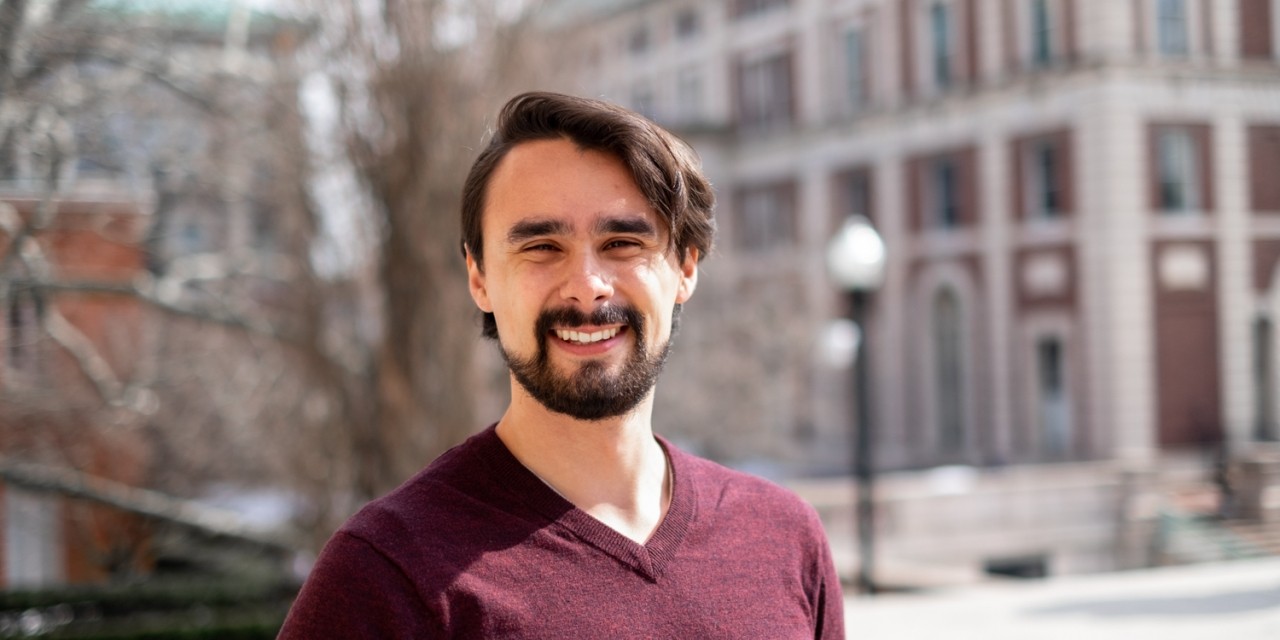Oliver Bear Don't Walk IV, PhD Candidate in Biomedical Informatics

Where did you grow up?
Everson, Washington: a small town with good people and lots of cows.
What drew you to your field?
Within my tribe, the Apsáalooke, we always give a part of our fortunes back to the community. We do this to make sure that when one of us prospers, we’re all able to prosper. My fortune is pursuing a PhD in a field I love, so it’s important to me that whatever knowledge I gain will benefit my community and those who need it most. Biomedical informatics allows me to apply my passion for problem-solving and mathematics to healthcare. I enjoy being able to work on the cutting edge of data science while driving the applications of new technologies to benefit underserved and at-risk populations.
How would you explain your current research to someone outside of your field?
Text is an important way to convey information. As you read this right now, you’re able to piece together the knowledge you have about the world, and a string of symbols across the screen, in order to fully comprehend what I’m saying. Teaching computers to do this is incredibly difficult, and teaching computers to do this in healthcare raises further challenges. This is the general area of my research. I work on teaching computers to understand the information contained in the notes that clinicians write about their patients. I do this using machine learning, where, for example, I show a computer program examples of clinical text, and it learns to predict when a patient will come back to the hospital and for what reasons.
What is your favorite thing about being a student at Columbia GSAS?
No matter where I go on campus, I always seem to find people who are passionate and willing to talk about their work. Sometimes it’s in a formal setting, like a talk or seminar, and other times it’s an informal meeting over coffee or a walk to class. A lot of the time, this passion for their work stems from personal experiences, and learning how people how infuse their experiences, passions, and education is something I love about this place.
What resources or opportunities that Columbia provides have been most valuable to you?
The Native American Council (NAC) has helped me feel grounded in a community of students who understand where I’m coming from. There’s nothing like being surrounded by urban Natives and hearing someone switch back into rez (reservation) talk.
Who is your hero of fiction?
Ender, from Ender’s Game. I read that book in middle school and admired Ender for his ability to study his surroundings and find the deeper meanings in what was happening.
Who are your heroes in real life?
My great grandmother, Mildred. She was the matriarch of my family and always kept us together. Even though I come from a split household, she never made me feel like I had to choose between my two cultures. In her eyes, I wasn’t just the sum of two separate halves; I was the product of my mother and father and all those who came before, and that made me capable of so much more.
What music have you been listening to lately?
When I'm coding or reading, I listen to a lot of lo-fi jazz and hip-hop like saib., Biosphere, and Tomppabeats. When I'm not studying, I like listening to Gus Dapperton, Diet Cig, and Joji.
What is your favorite blog or website?
Native Appropriations helps me navigate being an Indian in the twenty-first century.
